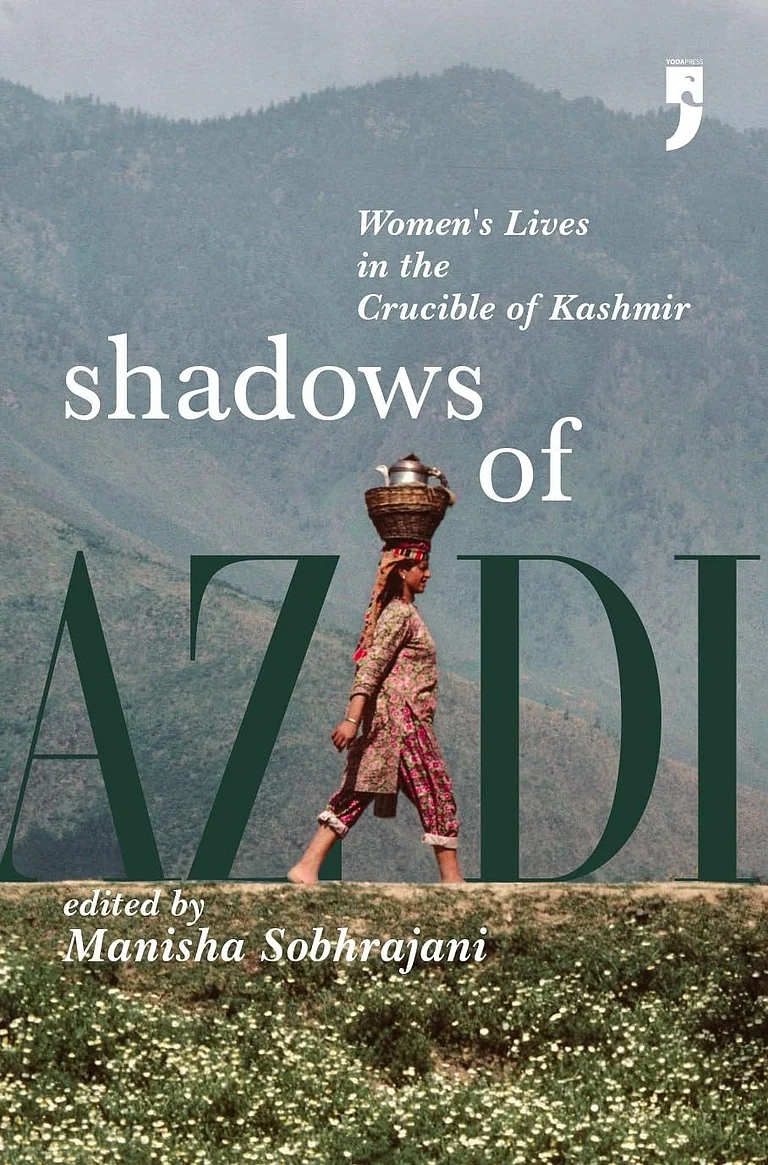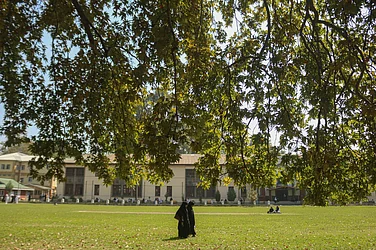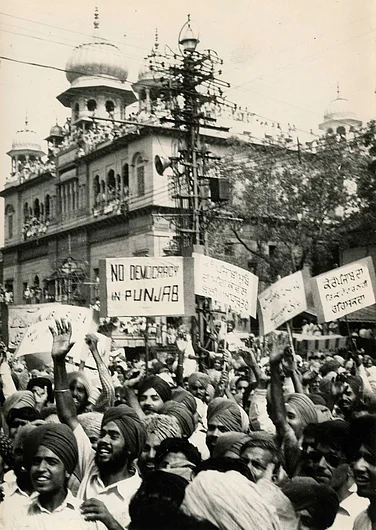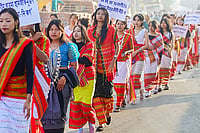While the Supreme Court yesterday fixed the date of the hearing of petitions challenging the Citizenship Amendment Act, 2019 on December 6; the centre decided to grant Indian citizenship to Hindus, Sikhs, Buddhists, Jains, Parsis, and Christians coming from Afghanistan, Bangladesh and Pakistan and currently living in two districts of Gujarat under the Citizenship Act, 1955.
The move of the centre is not according to the CAA as the rules for the act have not yet been framed; rather it follows the Citizenship Act of 1955 provision of Citizenship rule, 2009 bears significance.
Notably, the CAA also provides for granting Indian citizenship to Hindus, Sikhs, Buddhists, Jains, Parsis, and Christians coming from Afghanistan, Bangladesh and Pakistan.
The notification of the Union Home Ministry mentioned that the Hindus, Sikhs, Buddhists, Jains, Parsis, and Christians residing in the districts of Anand and Mehsana in Gujarat will be allowed registration as a citizen of India under section 5 or will be granted certificate of naturalisation under section 6 of the Citizenship Act, 1955 and in accordance with the provisions of the Citizenship Rules, 2009.
How to proceed to get Indian citizenship?
Such people living in the two districts of Gujarat have to submit their applications online which will then be verified by the collector at the district level. The application for the citizenship and the reports reflecting the observation of the collector will then be made accessible to the central government.
The collector may make such inquiry as he considers necessary for ascertaining the suitability of the applicant. He may forward the application online to such agencies for verification and comments as may be required for completing such an inquiry, the notification said.
The notification also added that after completing the entire process, the collector, being satisfied with the suitability of the applicant, grants him or her the citizenship of India by registration or naturalisation and issues a certificate of registration or naturalisation.
Proposition of CAA and the ensuing debate
In 2019 Modi government passed the controversial Citizenship Amendment Act that pledged to give citizenship to the Hindus, Sikhs, Jains, Buddhists, Parsis, and Christians -- from Bangladesh, Pakistan and Afghanistan who had come to India till December 31, 2014.
There were nationwide protests against the amendment and sometimes it led to violent actions killing more than 100 people across the country. The protesters citing the preamble of the Indian constitution claimed that the government was trying to change the secular character of the country by using religion as a tool to provide citizenship.
Government notably couldn’t sufficiently provide reason for choosing the neighbouring countries from where the presumably persecuted people belonging to above mentioned religions could seek the citizenship of India if they had entered before the new cut off. The question of not including Myanmar where the UN recognised refugees Rohingya Muslims have been persecuted now for years further questioned the intention of the government.
Some of the dissenters even categorically showed that in Pakistan, Shias and Ahmedias are regularly persecuted and should be given refuge, if the government is so much intended to lend hands to the affected refugees. The whole debate took a shift to alleged Islamophobia of the current government and resulted into long term sit-in protests by Muslim women across the country.
What are the progresses made in CAA notification?
However, the CAA has not been implemented so far as rules under it are yet to be framed.
According to the Manual on Parliamentary Work, the rules for any legislation should have been framed within six months of presidential assent or seek extension from the Committees on Subordinate Legislation in Lok Sabha and Rajya Sabha.
In January 2020, the home ministry notified that the Act would come into force from January 10, 2020, but it later requested the parliamentary committees in the Rajya Sabha and the Lok Sabha to give it some more time to implement rules as the country was going through its worst ever health crisis due to the Covid pandemic.
Last fortnight, the Union home ministry had been granted yet another extension by the Parliamentary Committees on Subordinate Legislation in the Rajya Sabha and the Lok Sabha to frame the rules of the CAA.
While the permission has been granted from the Rajya Sabha till December 31, 2022, the Lok Sabha has granted time till January 9, 2023. This was the seventh extension given to the home ministry to frame the rules under the CAA.
(WIth PTI Inputs)


























